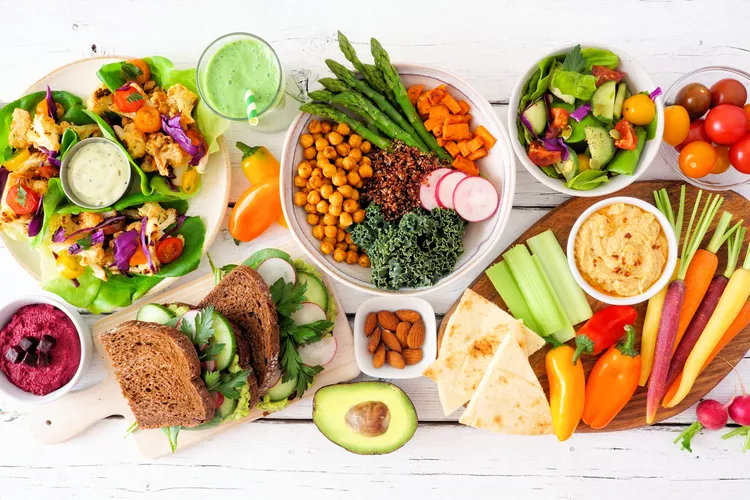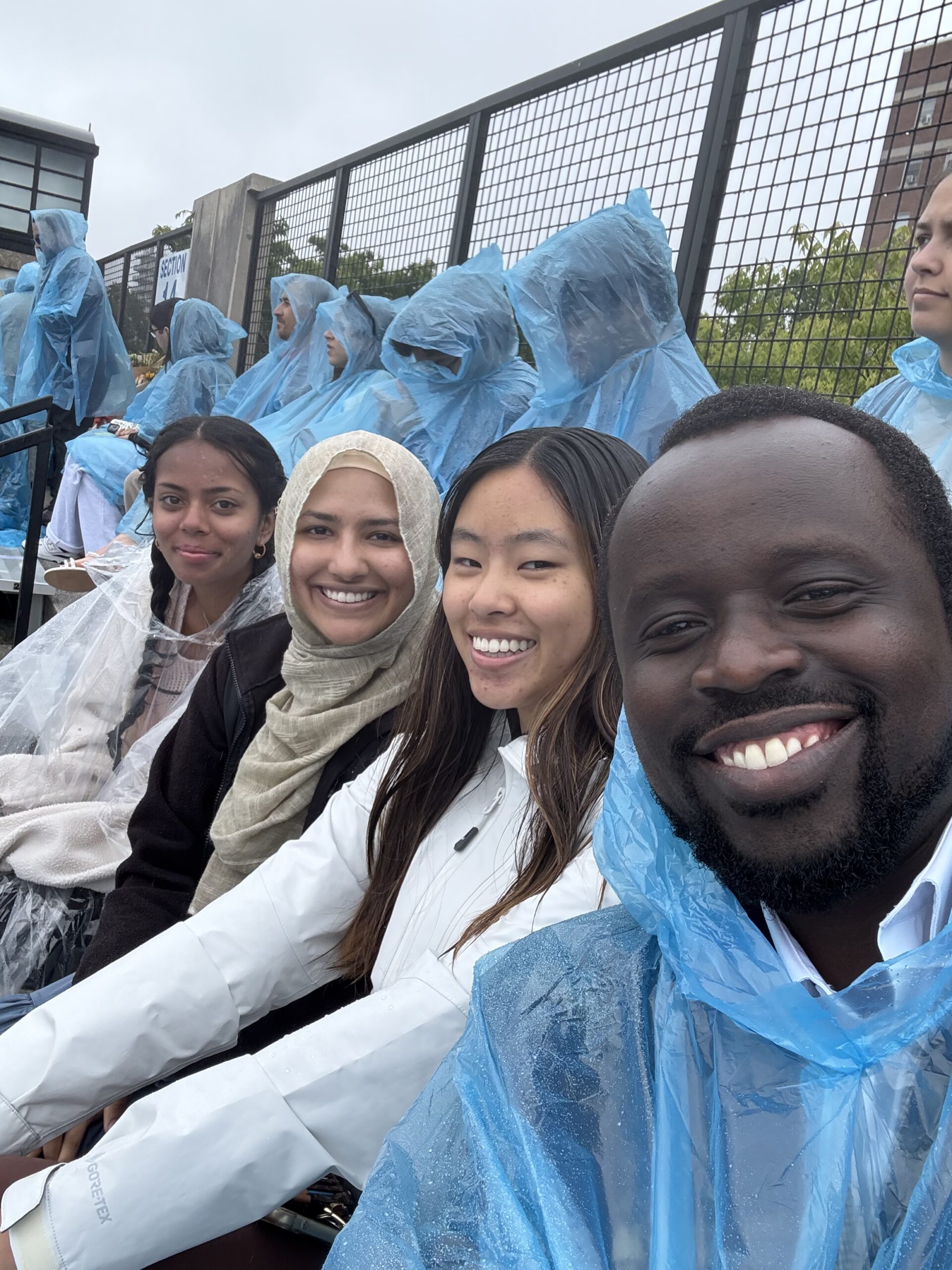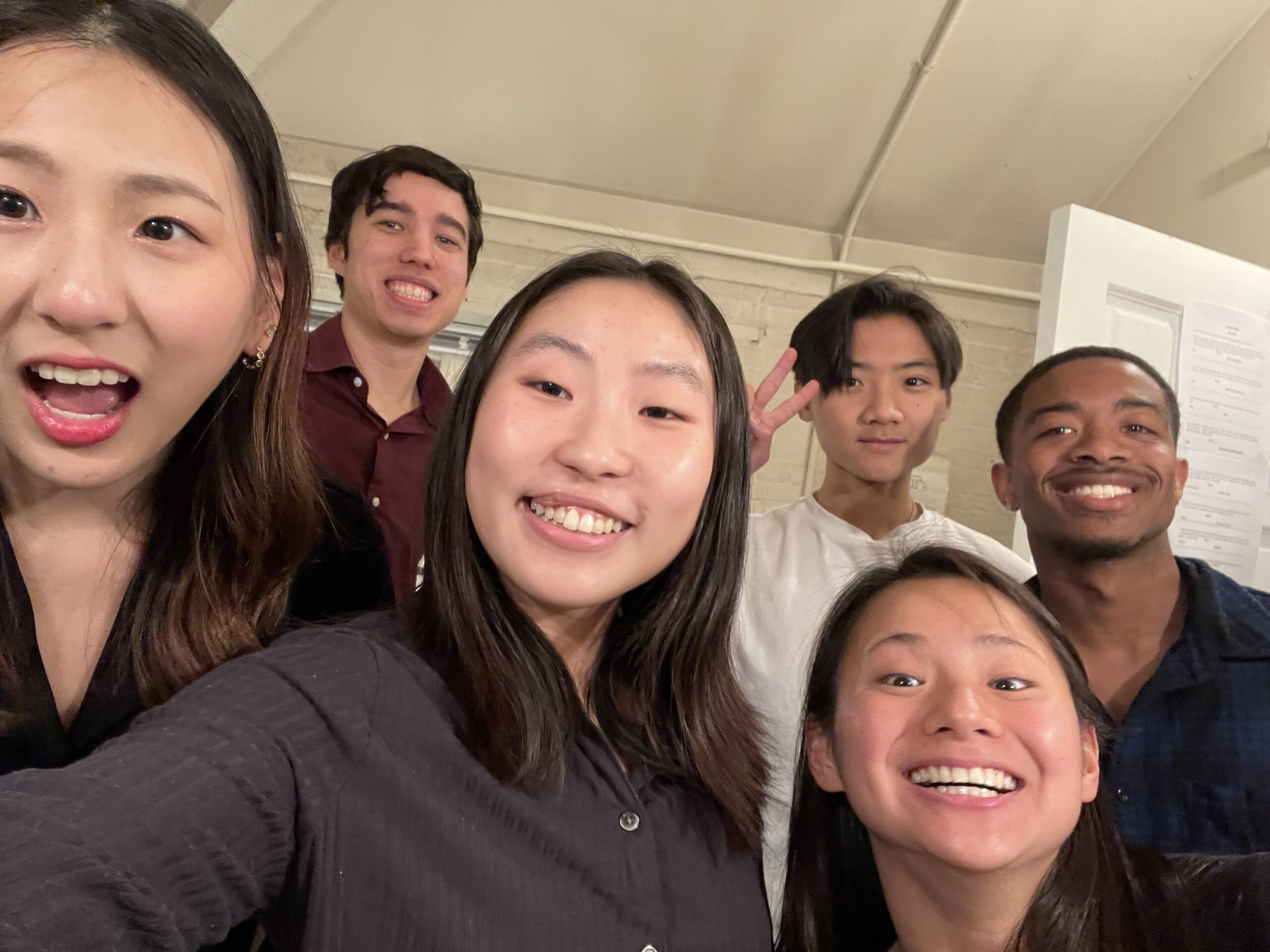
If you could choose any way to spend your intersession, what would you do? I fully intended on spending my entire break sleeping in as late as humanly possible (and by that, I mean as late as I could until my mom decided it was time for me to wake up and be a functioning member of society), yet I found myself waking up to three consecutive alarms at 8:00, 8:15, and 8:25 a.m., and plopping down in front of my laptop at 8:30 a.m. every morning for three weeks.
You might be wondering what could be worth sacrificing my precious sleep? The answer: Taking EN.580.149. Food and Nutrition for Engineers.
When I initially saw the course listing, my first thought was that it sounded very relevant to my life. I eat food! Nutrition is important to me! I’m majoring in engineering! It seemed to be an extremely unique class, as I’ve never heard of any course at Hopkins that focuses on food, never mind the technologies used to fortify, preserve, and even create “new” foods like lab-grown meats. From the icebreakers we did on the first day of class, which included why we decided to take the course, it seems like most of us shared an interest in gaining a more academic understanding of common concepts related to food science, whether it was because of intrigue towards a future career in a relevant industry or the desire to apply this information to one’s own life.
Regardless of why we chose to take the class, it was clear that everyone was invested and showed up to learn. Shoutout to the one student who woke up at 5 a.m. to attend—that showed some real commitment. By now, we all know how awkward online class and breakout rooms can be, but with the size of the course (around 10 students or less) I probably spoke to every single student at least once. More than that, everyone was given the opportunity to speak (and seemed to genuinely want to). It was interesting to hear the different perspectives we each had on topics, such as the role of GMO foods like golden rice in developing countries to supplement regional crops with commonly deficient nutrients. You could tell when someone had a personal interest in a topic, such as during our allergy and immunity unit lecture, when almost everyone chimed in with stories of outgrowing allergies or tragically being lactose intolerant (including me, hence the tragic part).
I think the great learning environment I personally experienced can mainly be attributed to our two instructors: Sarah and Sydney. They made it clear from the beginning that they were learning about these food topics along with us, since food systems aren’t traditionally part of a biomedical engineering curriculum, which helped to establish a pressure-free setting. Not only did they cover the background of food science and related engineering concepts, but they provided introductions into other disciplines, such as inviting Insa Mohr, Co-Founder and CEO of Mooji Meats, to give a guest lecture on the company’s 3-D printing technology that can mimic the texture of conventional meat. It was a really unique opportunity to hear from a business like Mooji Meats (which happens to be based in Baltimore) that brings the ideas we hear about in articles and podcasts to reality.
Overall, I think the most valuable aspect of this class was providing me with information that I can implement into my daily life. For instance, supplements are not actually regulated by the FDA, so maybe I should rethink the “super greens” powders that influencers are always pushing me to buy. Similarly, I can now distinguish prebiotics from probiotics and I’m aware of the role they each play in maintaining gut health. Also (this might be the most important thing I’ve gained from class), I am now a big fan of prebiotic soda—maybe it’s the packaging or the fact I can get fiber in the form of a strawberry lemon-flavored drink.
To be candid, I’ve found that intersession courses can vary quite a bit in terms of the workload and the topic, but if you’re ever given the opportunity to take one that really interests you, I’d recommend it (or in the case that you have the option to take Food and Nutrition for Engineers, I’d very highly recommend it)!





